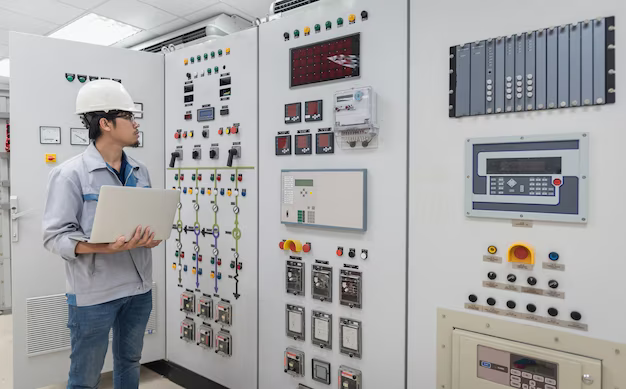About Cables
In the intricate web of the electrical industry, cables serve as the silent conduits that power our modern world. From transmitting electricity to facilitating data transfer, cables are the lifelines of numerous sectors, ranging from telecommunications to manufacturing. However, the reliability of these cables hinges on the quality of their manufacturing process and materials. In India, a burgeoning hub for cable production, discerning trustworthy manufacturers amidst the plethora of options can be a daunting task. Hence, understanding how to identify reliable cable manufacturers is paramount for ensuring the safety and efficiency of your electrical installations. Let’s delve into the essential criteria for assessing cable manufacturers in India.
1. Compliance with Standards and Certifications:
The first litmus test for a reliable cable manufacturer is adherence to national and international standards. In India, cables must comply with standards set by organizations such as the Bureau of Indian Standards (BIS), which ensures safety, quality, and reliability. Additionally, certifications from globally recognized bodies like the International Electrotechnical Commission (IEC) and Underwriters Laboratories (UL) signify a manufacturer’s commitment to meeting stringent quality benchmarks.
2. Quality of Materials Used:
A cable is only as good as the materials used in its construction. Reliable manufacturers prioritize the use of high-grade materials such as copper or aluminum conductors and insulating materials that withstand environmental stresses. By employing quality materials, manufacturers can enhance the longevity and performance of their cables, minimizing the risk of failures and safety hazards.
3. Technological Capabilities and Innovation:
In the dynamic landscape of cable manufacturing, technological advancements play a pivotal role in enhancing product quality and efficiency. Reliable manufacturers invest in state-of-the-art equipment and employ cutting-edge manufacturing processes to ensure precision and consistency in cable production. Furthermore, a commitment to innovation enables manufacturers to develop new products that meet evolving industry demands, such as high-speed data transmission cables or eco-friendly alternatives.
4. Product Range and Customization Options:
Diverse applications necessitate a wide range of cable types and specifications. Reliable manufacturers offer a comprehensive portfolio of cables tailored to meet the unique requirements of various industries, including power transmission, telecommunications, and automotive. Moreover, the ability to provide customization options allows manufacturers to address specific project needs, ensuring optimal performance and compatibility.
5. Quality Assurance and Testing Protocols:
Rigorous quality assurance measures are indispensable for ensuring the reliability of cables. Trusted manufacturers implement robust testing protocols throughout the manufacturing process, from raw material inspection to final product testing. These tests may include electrical performance tests, mechanical stress tests, and environmental simulations to validate the durability and reliability of the cables under diverse conditions. Documentation of test results and adherence to quality management systems such as ISO 9001 further attest to a manufacturer’s commitment to quality.
6. Customer Reviews and Reputation:
The experiences of past clients offer valuable insights into a manufacturer’s reliability and performance. Before engaging with a cable manufacturer, it’s prudent to research customer reviews and testimonials to gauge their reputation for product quality, customer service, and reliability. Additionally, referrals from industry peers and consultants can provide valuable recommendations for reputable manufacturers.
7. Sustainability and Corporate Social Responsibility (CSR):
Beyond product quality, reliable manufacturers demonstrate a commitment to sustainability and ethical business practices. This includes initiatives to minimize environmental impact through energy-efficient manufacturing processes, waste reduction, and recycling efforts. Moreover, adherence to labor standards, workplace safety regulations, and fair labor practices underscores a manufacturer’s dedication to corporate social responsibility.
In conclusion, identifying reliable cable manufacturers in India requires a comprehensive assessment of various factors, including adherence to standards, quality of materials, technological capabilities, testing protocols, customer feedback, and ethical practices. By prioritizing these criteria and conducting thorough due diligence, stakeholders can forge partnerships with manufacturers that uphold the highest standards of quality, reliability, and integrity. In an industry where safety and performance are paramount, choosing the right cable manufacturer lays the foundation for success in diverse applications, from residential wiring to industrial infrastructure projects. For those seeking to streamline their search and connect with reputable suppliers, Enggpro offers a platform to find cable manufacturers and suppliers, facilitating efficient sourcing and procurement processes. With Enggpro’s extensive network and transparent supplier evaluations, stakeholders can confidently navigate the maze of cable manufacturers and make informed decisions that drive efficiency and innovation in their projects.



